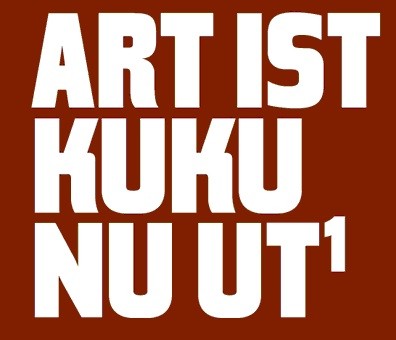ACTS OF REFUSAL: FLEEING, DREAMING, REPEATING, WATCHING ETC.

The research for the exhibition project “Acts of Refusal” departs from Italian philosopher Paolo Virno’s idea that the act of fleeing is an actual possibility for changing a condition that has become unbearable. What other forms of refusal exist which, instead of deciding on one alternative or another, undermine, reflect, stretch realities to absurdity and thus produce – possibly – change? In a highly functional and affirmative society we want to search for such “soft” acts of refusal, for example in certain works of art that sidestep, or elegantly avoid partaking in a game that is not considered their own, within this late capitalist, post-socialist moment.
Especially in the countries of the Post Soviet Block and Socialist/Communist states, which were overtaken by the sudden (broadly and happily welcomed) invasion of Capitalism, but also elsewhere in the Western world, the end of state socialism in Europe in the late 80s and early 90s marked a fundamental shift in the orientation of the nation states and their social setup. This shift was specifically traumatic for those who lost an entire reference system they had formerly lived by. Even in young people who had not actively experienced those events, the whole nation’s coining of collective consciousness is leaving traces. How to adapt to the new values, the new order, or alternatively how to avoid adapting? If we decide to flee, how do we do it? Do we really depart? Or do we stay and undertake a journey, a sort of inner migration? Perhaps we invent some kind of dream world? Do we remain to document and reflect on the given conditions, acting as chroniclers, onlookers? Or perhaps as viewers of a gigantic theatre piece we do not want to be part of?
In the exhibition project, we intend to investigate forms of refusal, of taking risks to experiment with innovative forms of resistance against relationships of domination, upsetting seemingly immovable horizons. The project presents existing and partly commissioned new work by artists who are interested in changing the conditions by transversely cutting through them, evading and sidestepping instead of fighting directly. As absurd intervention, meticulous research or introspection leading to the construction of alternative worlds, forms of refusal can be non-passive, non-dialectical, non-individualist ways of defection that open up side roads, uncharted on political maps, to modify the very grammar for determining the selection of all possible choices.
